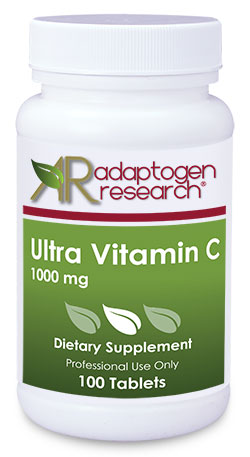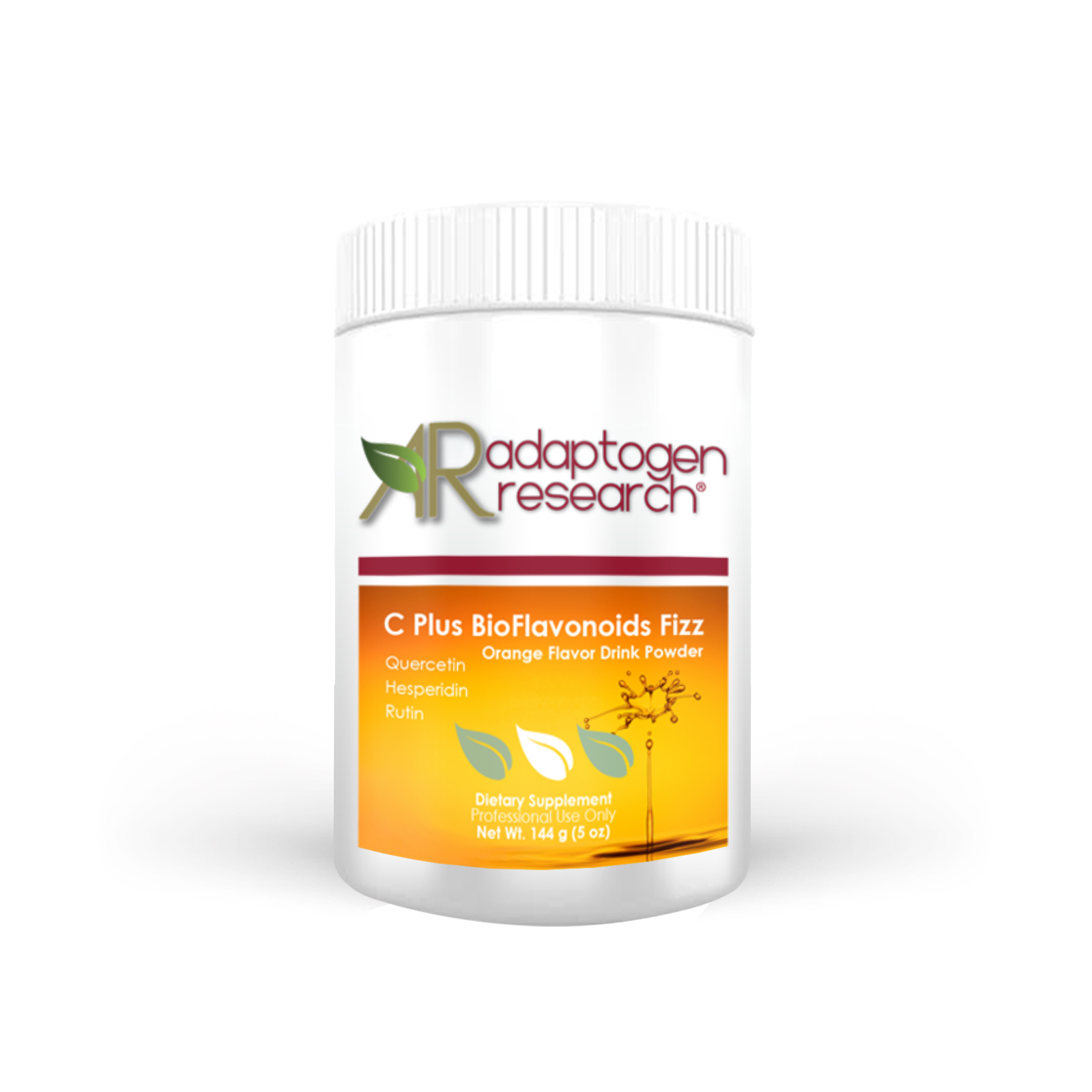Recent Posts
- » How to order Designs for Health products
- » Allergy Season Support . By day 2 the sniffles, sneezing and watery eyes stop.
- » Unique Combination of Three Curcuminoids
- » Vitamin C is required for immune system to function efficiently
- » Omnivits Bergamot Plus for Cardiovascular and Blood Sugar Support.
Vitamin C is required for immune system to function efficiently
Posted by ProVitaMART on Dec 8th 2020
The immune system acts to protect the host from infectious agents that exist in the environment (bacteria, viruses, fungi, parasites) and from other noxious insults. Nutrient status is an important factor contributing to immune competence: undernutrition impairs the immune system, suppressing immune functions that are fundamental to host protection. Undernutrition leading to impairment of immune function can be due to insufficient intake of energy and macronutrients and/or due to deficiencies in specific micronutrients. Often these occur in combination. Nutrients that have been demonstrated (in either animal or human studies) to be required for the immune system to function efficiently include essential amino acids, the essential fatty acid linoleic acid, vitamin A, folic acid, vitamin B6, vitamin B12, Vitamin C, vitamin E, Zn, Cu, Fe and Se. Practically all forms of immunity may be affected by deficiencies in one or more of these nutrients. [1]
Vitamin C, or ascorbic acid, is a water-soluble vitamin. This means that it dissolves in water and is delivered to the body’s tissues but is not well stored, so it must be taken daily through food or supplements. [2]
Vitamin C plays a role in controlling infections and healing wounds, and is a powerful antioxidant that can neutralize harmful free radicals. It is needed to make collagen, a fibrous protein in connective tissue that is weaved throughout various systems in the body: nervous, immune, bone, cartilage, blood, and others. The vitamin helps make several hormones and chemical messengers used in the brain and nerves. [3]
References
1. Br J Nutr. 2002 Nov;88 Suppl 2:S165-77.doi: 10.1079/BJN2002682.The immune system: a target for functional foods?
2.Carpenter KJ. The history of scurvy and vitamin C. Cambridge: Cambridge University Press, 1986.
3.Institute of Medicine (US) Panel on Dietary Antioxidants and Related Compounds. Dietary Reference Intakes for Vitamin C, Vitamin E, Selenium, and Carotenoids. Washington (DC): National Academies Press (US); 2000.
 Loading... Please wait...
Loading... Please wait...
